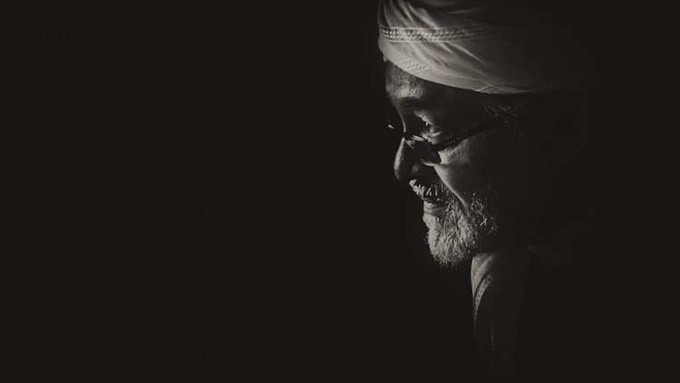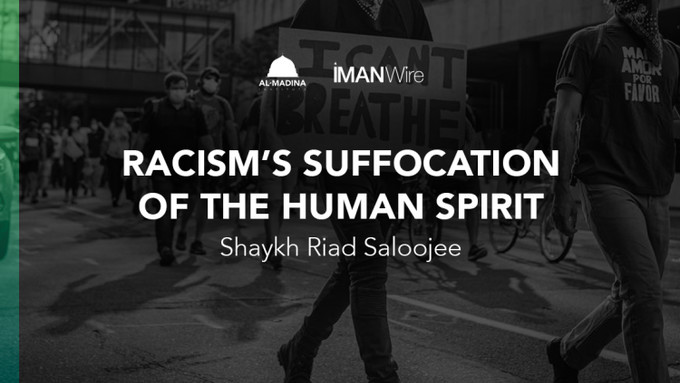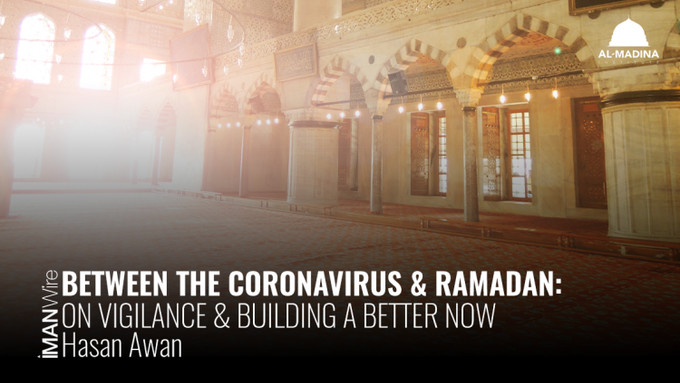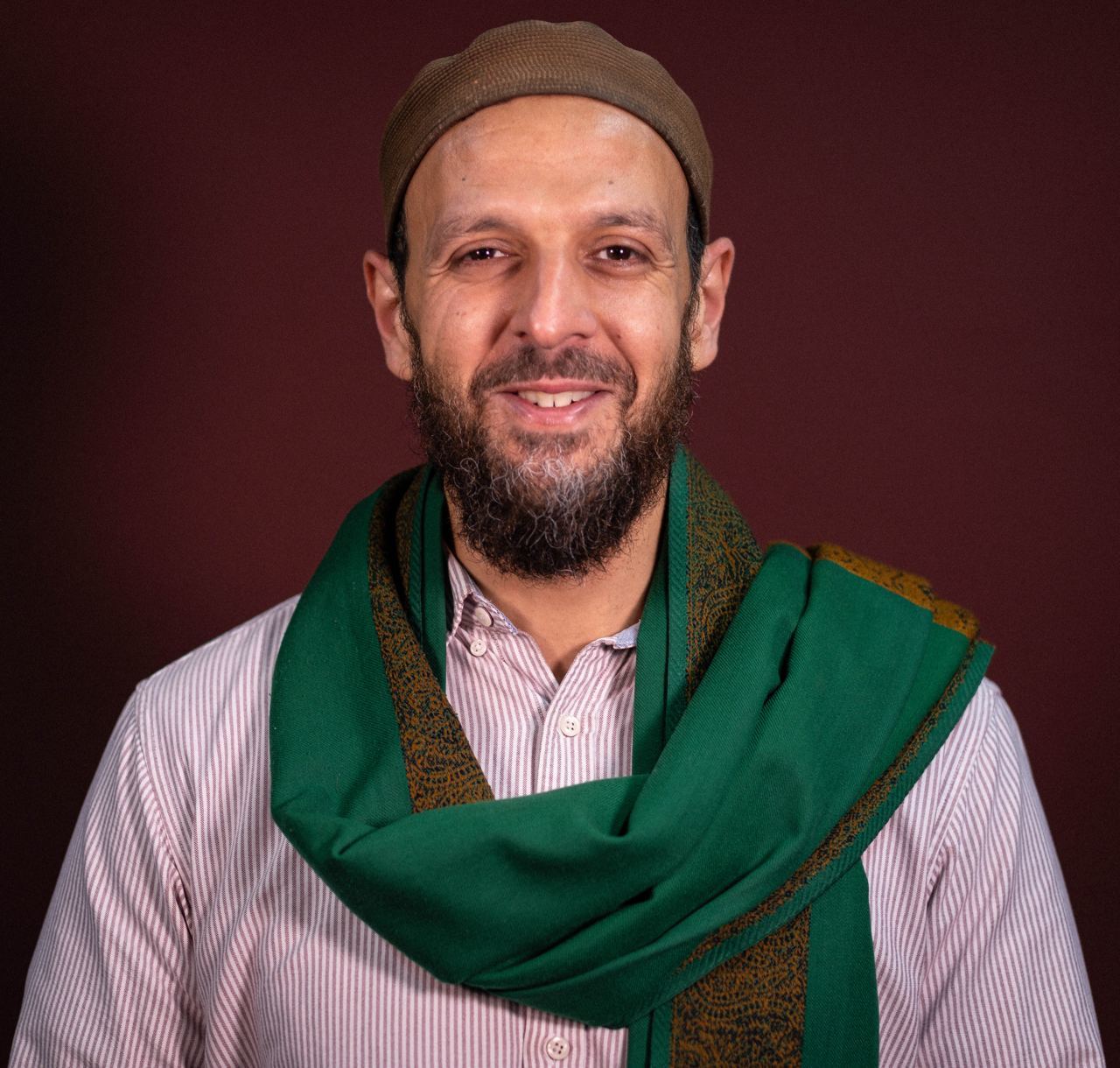A Band of Heroes: Something I Learned From The X-men
I loved the X-Men, A band of diverse mutants with special powers uniting to fight evil. Wolverine was my favorite; he has these super sharp adamantium claws that can retract from the top of his hand, not to mention his super healing ability. Then there was Cyclops, he would shoot plasma rays from his eyes and was married to the telepath Jean Gray. Storm, she could fly and control the weather, beckoning lightning bolts at her whim zapping all bad guys in sight. Of course, we have to mention Gambit; the guy would throw kinetically charged playing cards at his foes, how cool is that? I collected all their comic books and used to watch the animated series religiously. I became Shaykul X-Men. I would often wonder, what kept this band of good guys together? I mean, sure they all were united in fighting evil, but they all had personas that were larger than life, those egos must have clashed. So what was their glue? Well, let me introduce you to Professor X.
Professor X was the most powerful good guy of them all. He could twist his whole team of X-Men into a pretzel with the blink of an eye. His telepathic strength was not his most powerful ability, what was even more amazing was his ability to lead the X-Men. As diverse as they were, they all loved him. He was a father figure, friend, and role model all rolled up into one. At the end of the day, Professor X was the “glue”. Without focusing on Professor X and his teachings, the X-Men could go haywire (like Wolverine often did). They would no longer have a clear vision on how to implement the “good” collectively, easily falling prey to divisiveness.
I find the Muslim body to be in the same boat. We are an extremely diverse and talented group, like the X-Men, directed to “Enjoin Good and Forbid Evil” blessed with the greatest role model in the Persona of the Messenger Muhammad (peace be upon him and his family), our “glue”. We have our unique talents and abilities coming from a myriad of backgrounds. Being a diverse body we have vast differences on how to implement our religion. That is part of our charm; however, the implementation of our religion should always be measured up to the Messenger of Allah. We quote verses of Quran and Hadith to support our religious actions, but we often interpret them in a way that fits our own desires instead of seeing how the Messenger Muhammad himself lived those teachings.
We all know the story of the Arab Bedouin that urinated in the Mosque of the Prophet. Some companions started to shout at him, others stood up to physically stop him. In their view, they were doing the right thing. I mean come on; the Desert Arab was desecrating a sacred place, what would you do? To top it all off, we do have a statement of the Messenger “Whoever amongst you sees anything objectionable, let him change it with his hand, if he is not able, then with his tongue, and if he is not even able to do so, then with his heart, and the latter is the weakest form of faith.” So they felt compelled to act. The Messenger of Allah’s response, on the other hand, was very different. He told the companions to simply leave the man alone, and let him finish his business. Afterwards he simply told the Arab that the Mosques are not places for filth, but rather for the remembrance of Allah. He then ordered that buckets of water poured on the urine, and the case was closed. A response of pure Mercy. The companions wanted to act, the Messenger showed them how to act. So who are we taking our cues from? From our own egotistical (nafsani) worldviews we have created, or from The Mercy of All the Worlds our teacher and “glue”: The Messenger Muhammad (peace be upon him and his family).
Life & Culture Related Articles

Shaykh Seraj Hendricks: Obituary
An internationally recognised Islamic scholar, who saw spirituality, justice, and knowledge as integral to an authentic religious existence. Shaykh Seraj Hendricks, who passed away on the 9th of July 2020 at the age of 64, was a scholar of international repute, able to communicate and engage on the level of state leaders, religious scholars and the broader public.

Racism’s Suffocation of the Human Spirit
I can’t breathe. George Floyd’s last words, conveying, verbatim, Eric Garner’s last words, with echoes through a long chain of souls – Breonna Taylor, Michael Brown, Walter Scott, Freddie Grey, Jamar Clark, Alton Sterling, Stephon Clark and Botham Jean – is a testamentary call that should pierce every Muslim’s mind and heart.

Between the Coronavirus & Ramadan: On Vigilance & Building a Better Now
I pray that, as we continue to lovingly welcome and vigilantly discover the blessings inherent in Ramadan upon us, we awaken to all the moments and especially the moment that Allah has chosen to place us. A quotation from Charles Dickens, the opening to one of his novels, is worth reflecting on: “It was the best of times, it was the worst of times.”
